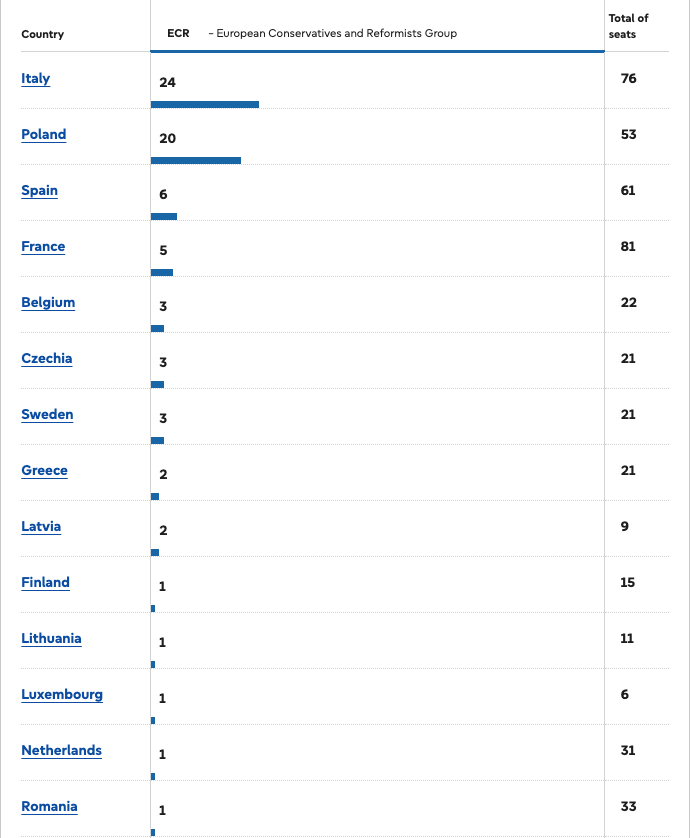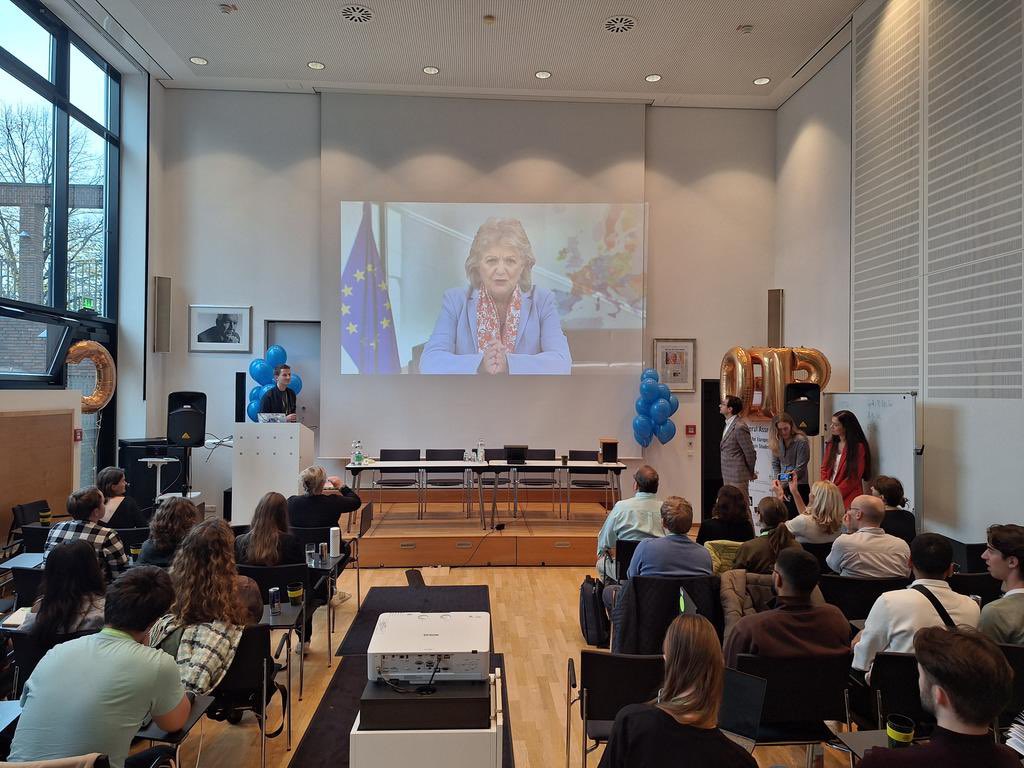
Frederico Rocha
@fredericor0cha
🇪🇺🇵🇹 ° Europe ° Politics & Policy ° Information Literacy & Research °
ID: 1108832726587764737
21-03-2019 20:48:17
329 Tweet
86 Followers
218 Following

1 out of 3 webpages from a decade ago are no longer accessible. Thank goodness for projects like the Internet Archive. #dataviz source: pewresearch.org/data-labs/2024…
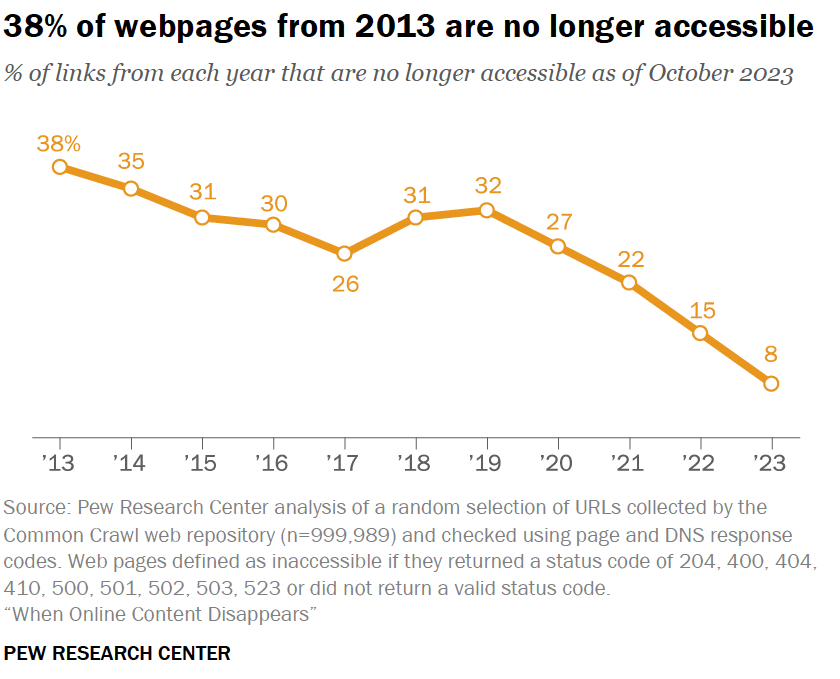

« Quand on commence à dire que la lutte est entre le centre et les extrêmes, qui sont dangereux, on offre pas d’alternative à ce centre. » Marta Lorimer or @mlorimer in other places, chercheuse à la London School of Economics Notre émission ➡️ l.mediapart.fr/7N8




“Without facts, you can’t have truth. Without truth, you can’t have trust,” said Nobel Prize winning journalist Maria Ressa at #GlobalFact11. “Without these three, we have no shared reality.” #factsmatter

“News deserts”, areas lacking sufficient and reliable information from trustworthy sources, are much related to the complexities and specificities of local media markets in the EU. Here are the best practices for a vibrant and open public sphere: europa.eu/!Wgjk8w European University Institute




#EuropeanStatisticalMonitor: EU_Eurostat released a monthly updated dashboard with short-term indicators covering areas like economy, environment, business, health and work, for the EU as a whole and its members, as well as the EFTA countries. ec.europa.eu/eurostat/cache…




For 70+ years, #EULaw has been the driving force behind Europe's integration that has achieved so much for so many. '70 years of EU Law: a Union for its citizens' tells the story about it, step by step. Read about it: europa.eu/!r88YHb Didier Reynders AnaGallego EU Justice
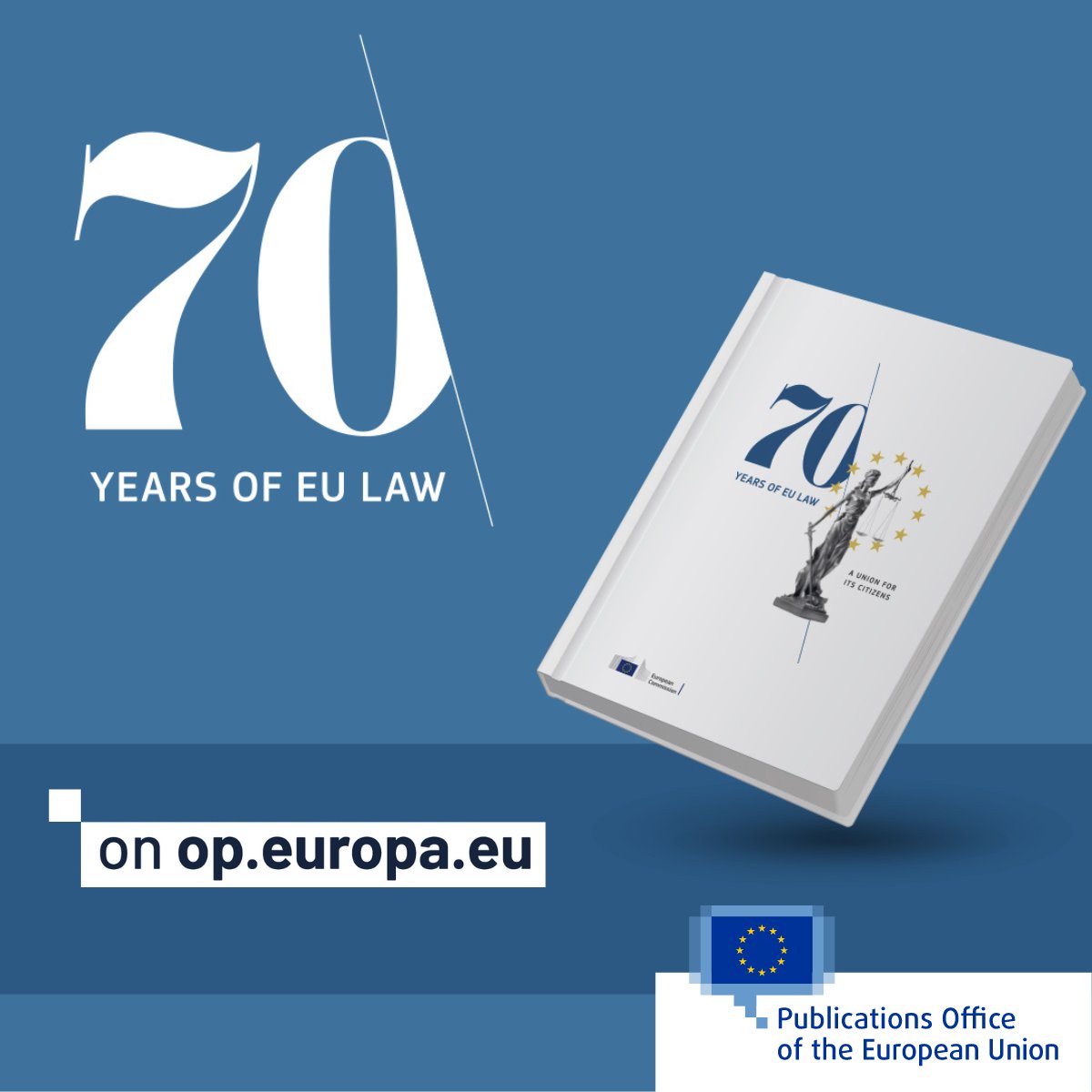


We are exposed to so much information every day but how do we know who we should trust? BBC News (UK)'s Babita Sharma will talking about her experiences of working as a journalist in the era of fake news and AI at our next #CardiffConversations event. 🎟️buff.ly/4eiOglN

The Pivotal Role of EU Research Diasporas in EU-UK Scientific and Diplomatic Relations | Center for Science Diplomacy Authors: Virginia Amigo J.C. Mauduit Dr. Nathalie van Meurs Carla Molteni magda mroczek Diogo Martins Ana Valadas sciencediplomacy.org/perspective/20…
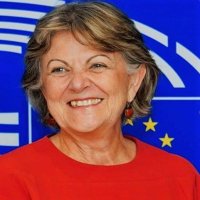

In 2018 the European Commission proposed to stop the seasonal clock-changing. Changing clocks pre-dates the EU, but EU legislated on it. The current directive (2001) indicates that all EU countries switch to summer time last Sunday in March and back to winter last Sunday in October

Helpful chart by POLITICOEurope on the EP political groups votes regarding the new Commissioners. Shows very much that the ECR now is fully part of the Brussels mainstream - voting for centre-left candidates, but also working more and more with the EPP.

